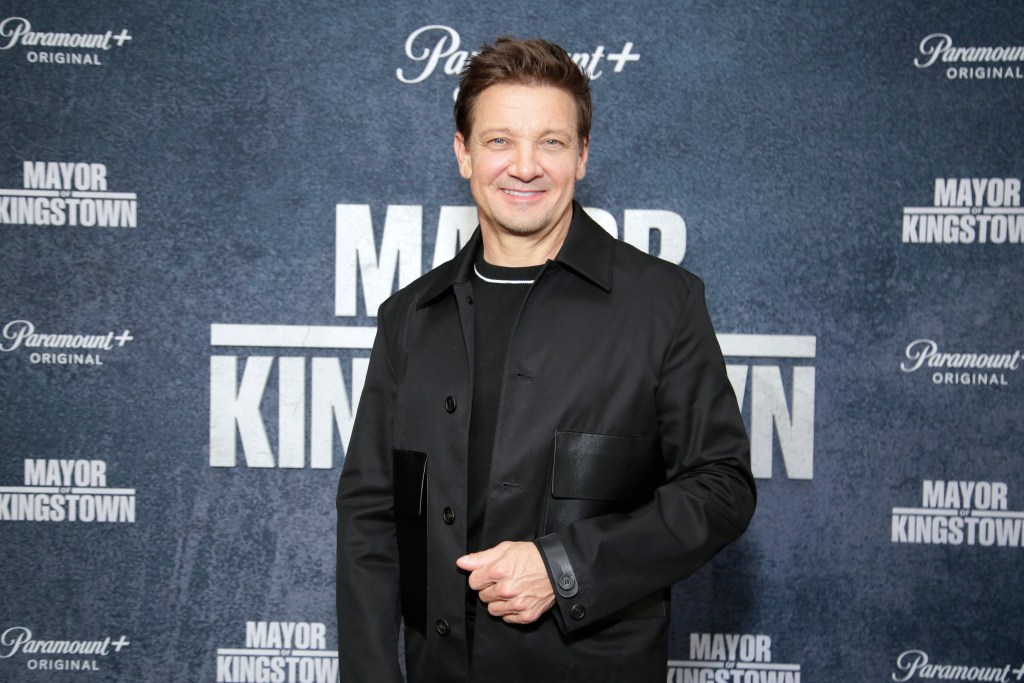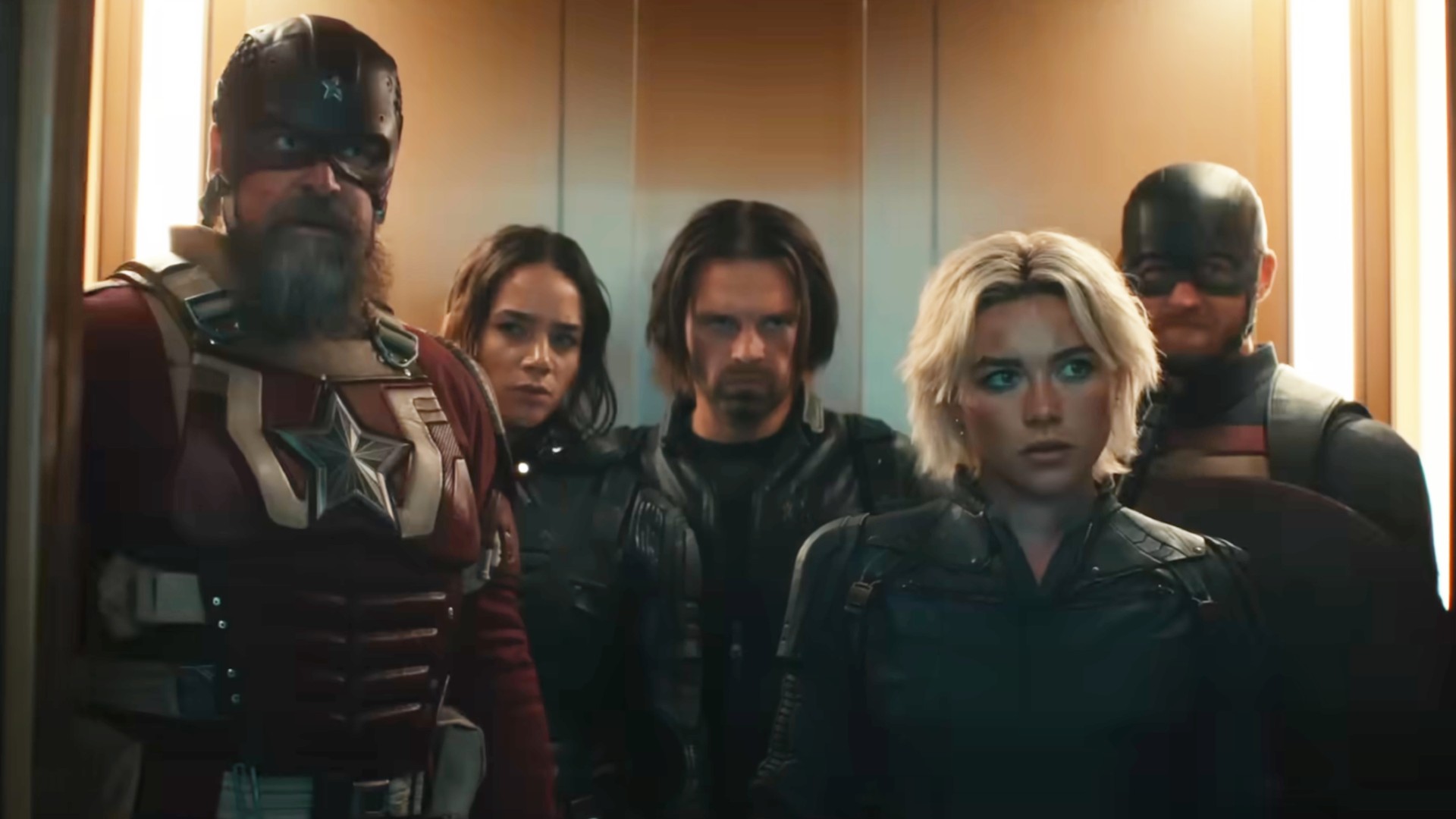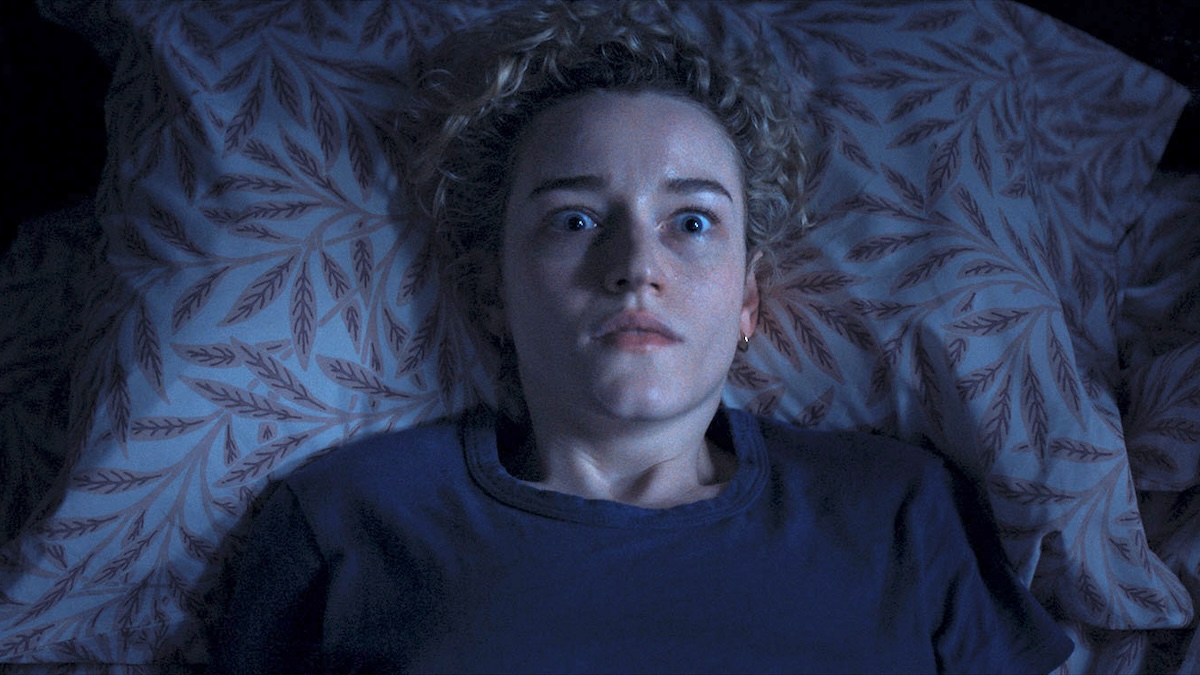’60 Minutes’ Goes on Alert: How the News Program Is Grappling With Paramount and Trump
'60 Minutes' has sounded an alert with Sunday's broadcast informing viewers about the departure of executive producer Bill Owens

Did Donald Trump break “60 Minutes”?
Scott Pelley on Sunday night smashed the “in case of emergency” glass — something “60 Minutes” staffers hope they never have to do.
In a rare move that put the inner workings of “60 Minutes” on full display to the public at large, Pelley on Sunday night discussed last week’s surprise exit of Bill Owens — just the third executive producer in the program’s history and its guiding light since taking the role in 2019 — and the pressure the staff felt was being put on the long-running newsmagazine by Paramount Global, parent of CBS News. His appearance teed up one of the most dramatic examples in recent memory of media conglomerates finding themselves at odds with news divisions that are supposed to be independent at a time when they are worried about meddling from the Trump administration.
“Paramount began to supervise our content in new ways. None of our stories has been blocked, but Bill felt he lost the independence that honest journalism requires,” Pelley said on air. Owens announced last week he would leave the program, citing an increasing lack of ability “to make independent decisions based on what was right for ‘60 Minutes,’ right for the audience.”
Popular on Variety
Over the course of a nearly six-decade tenure on air, “60 Minutes” has investigated politicians, corporations and military maneuvers. It’s not a surprise that Paramount might want an extra layer of scrutiny on the program, say three people familiar with the matter, and indeed, the show is believed to have tightened its standards review process following the 2013 broadcast of a segment that examined an attack on a U.S. diplomatic compound in Benghazi, Libya, and was found to be lacking in its efforts to substantiate assertions of a key source.
Still, it’s one thing to focus on journalism, say three other people familiar with the show, and quite another to have scrutiny added by Paramount as it navigates its way toward a critical acquisition of its assets by Skydance Media. The deal would add fresh capital to Paramount’s operations and help controlling shareholder Shari Redstone maintain her family fortune. However, it appears to have been bogged down by a lawsuit filed against CBS by President Donald Trump in November alleging the show tried to mislead viewers with different edits of an interview with former U.S. Vice President Kamala Harris.
The transaction was in the backdrop when Paramount co-CEO George Cheeks in January installed former CBS News President Susan Zirinsky as an “interim executive editor” at the news division, after controversies that he said spurred “feedback regarding perceived bias in some CBS News coverage.” While Zirinsky and members of her team have been held in high regard, “60 Minutes” staffers felt they were being put under a decidedly different microscope: one with a lens on how the show’s stories might affect Paramount’s business.
Such dynamics have served to distract the staff from their mission, says one person familiar with the show. Pelley’s Sunday segment proved inspiring, this person says, with a defense of the program’s integrity in public that helped to refocus staffers’ attention on the work they must do to close out the current season over the next three weeks.
This isn’t the first time “60 Minutes” has found itself at odds with the company that owns it. In 1995, CBS forced the newsmagazine, then run by founder Don Hewitt, to hold a report alleging that tobacco giant Brown & Williamson had hidden the health risks inherent in its cigarettes. At the time, some CBS executives had an interest in avoiding legal entanglements with that company. In the end, The Wall Street Journal beat “60 Minutes” to the story, and CBS News was accused by The New York Times of betraying the legacy of one of its best-known journalists, Edward R. Murrow.
Pelley isn’t breaking as many taboos as he might have in the past. Viewers are growing accustomed to seeing anchors take their corporate owners to task, as Rachel Maddow has done at MSNBC. At Disney’s ESPN, the outspoken Pat McAfee last year called out one of the network’s senior executives on air.
At first blush, Pelley and McAfee might seem to have little in common. As media conglomerates navigate an era in which their economics are less certain, however, on-screen outbursts might just become more frequent.





















